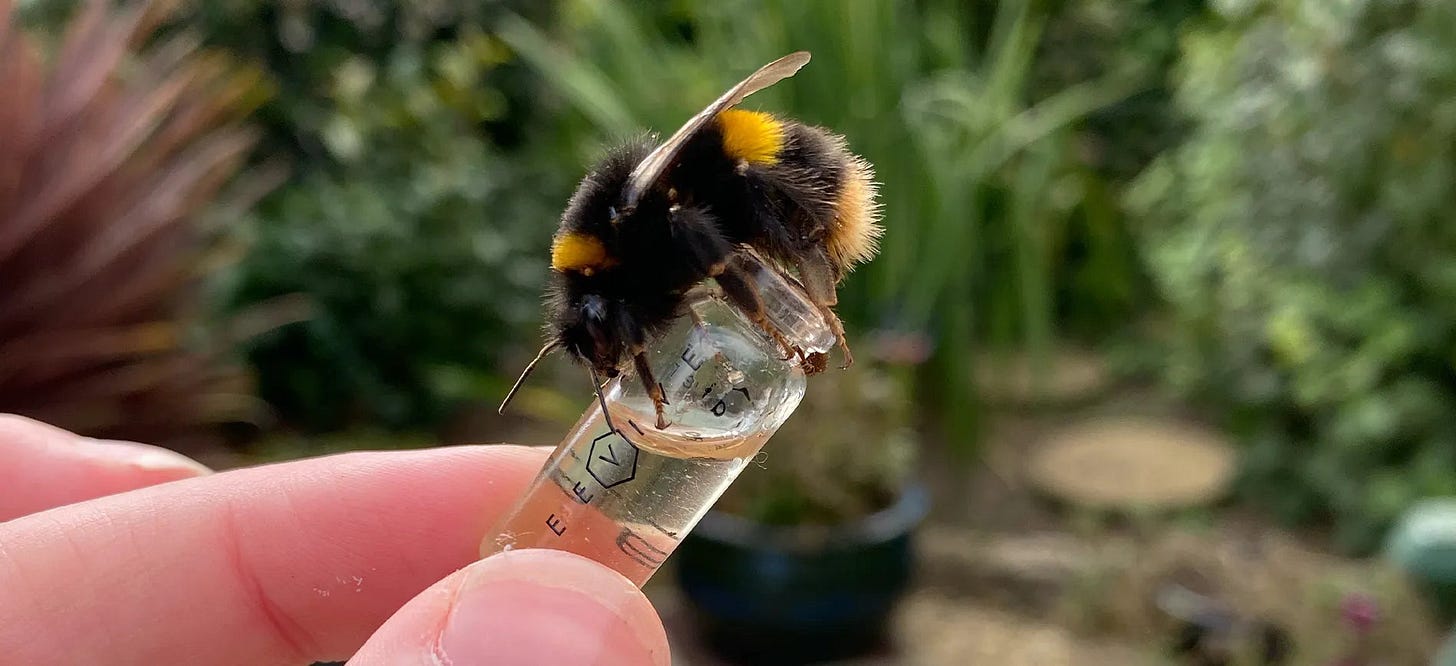There were a lot of new people last time (our 2nd meetup) so don't worry if you've not been there before.
Severin will be holding an Active-Hope-Workshop this time. Thanks!
We want to start the workshop at 18:30 and it will take ~90 minutes so plan accordingly.
Here is his description:
Active Hope workshops were developed in the 70s by environmental and peace activists to deal with the exhaustion, isolation, and despair that can come up when staring at the suffering of the world. The general vibe is sort of similar to an authentic relating games night. It generally happens in four phases:
1. Gratitude practice, in order to start resourced
2. Sharing how you feel about what's going on in the world
3. Taking time to shift your perspective on that, e.g. by leaning into what the future might look like if things go well
4. Going forth: Planning a tiny concrete action to make that more likely.
You're very welcome even if you’ve never been to a meetup or you feel like you don't fit.
Route to TEAMWORK: https://docs.google.com/document/d/17nZqyRuuE4qPZyqWUqSpThMaANhQvb8IwwWoJ3YHrRM
PS: Comment here or PM me if you want to be invited to the "Berlin EA shenanigans" Signal group.





We might change the location to Teamwork. Is an decision on Friday fine for you?